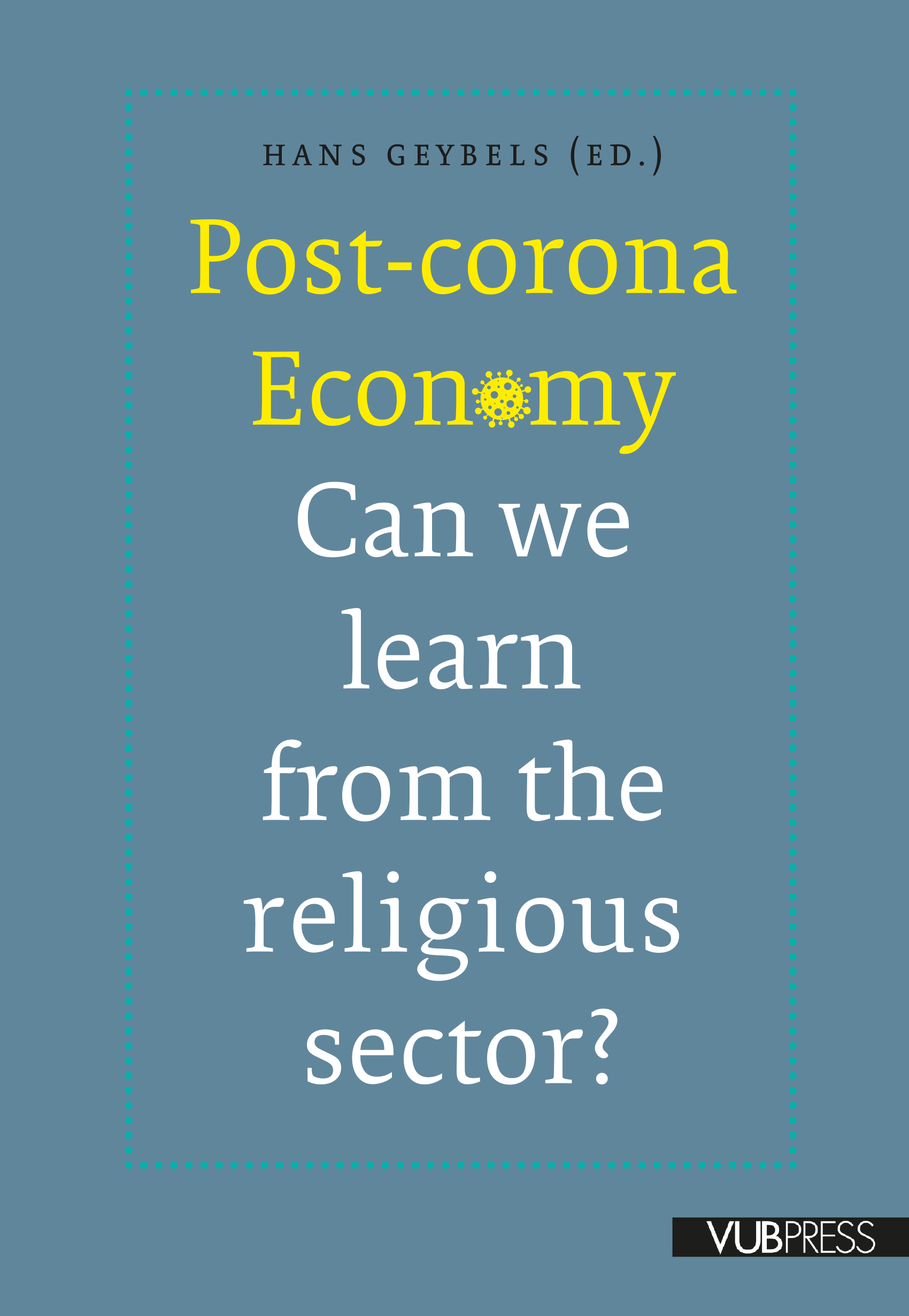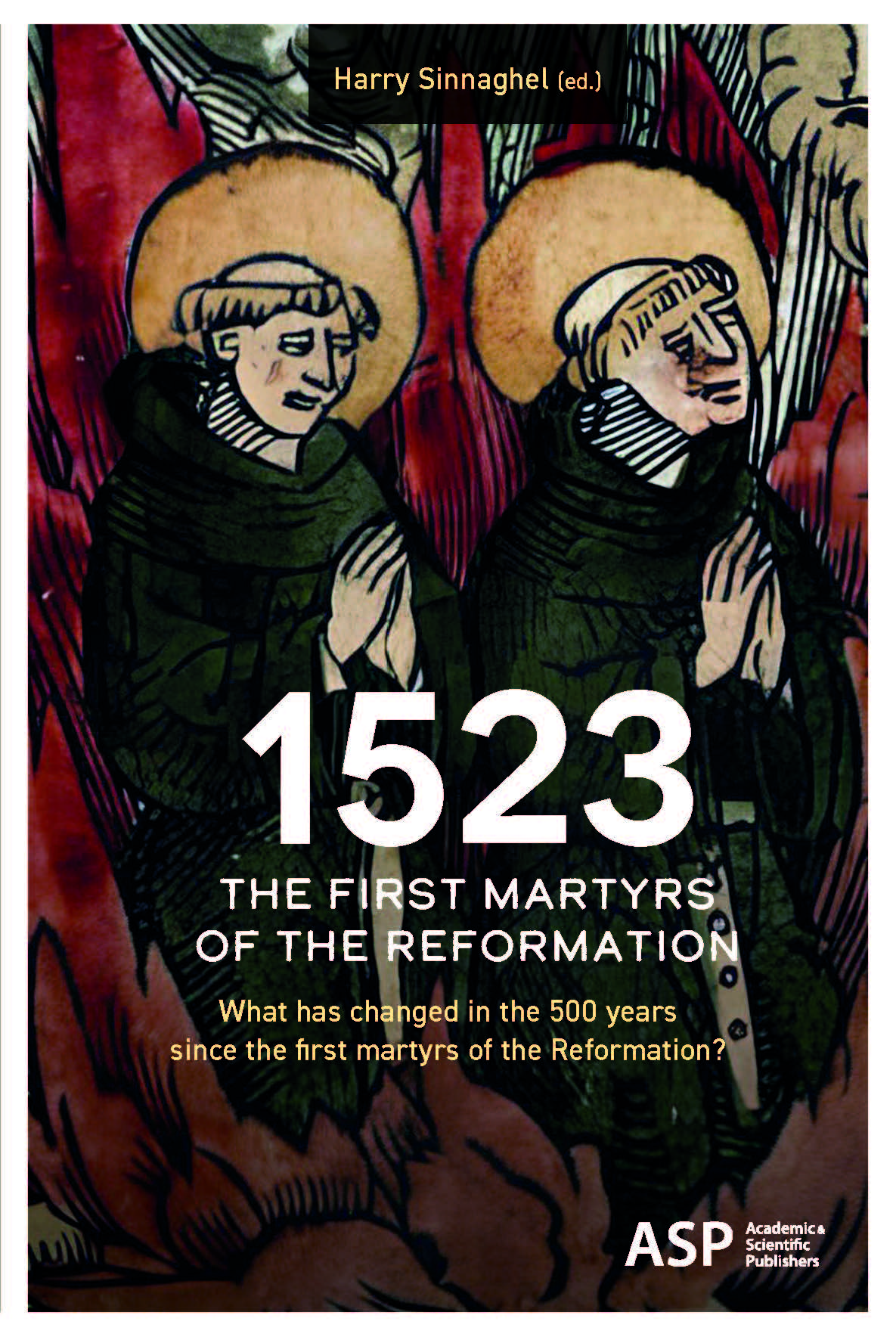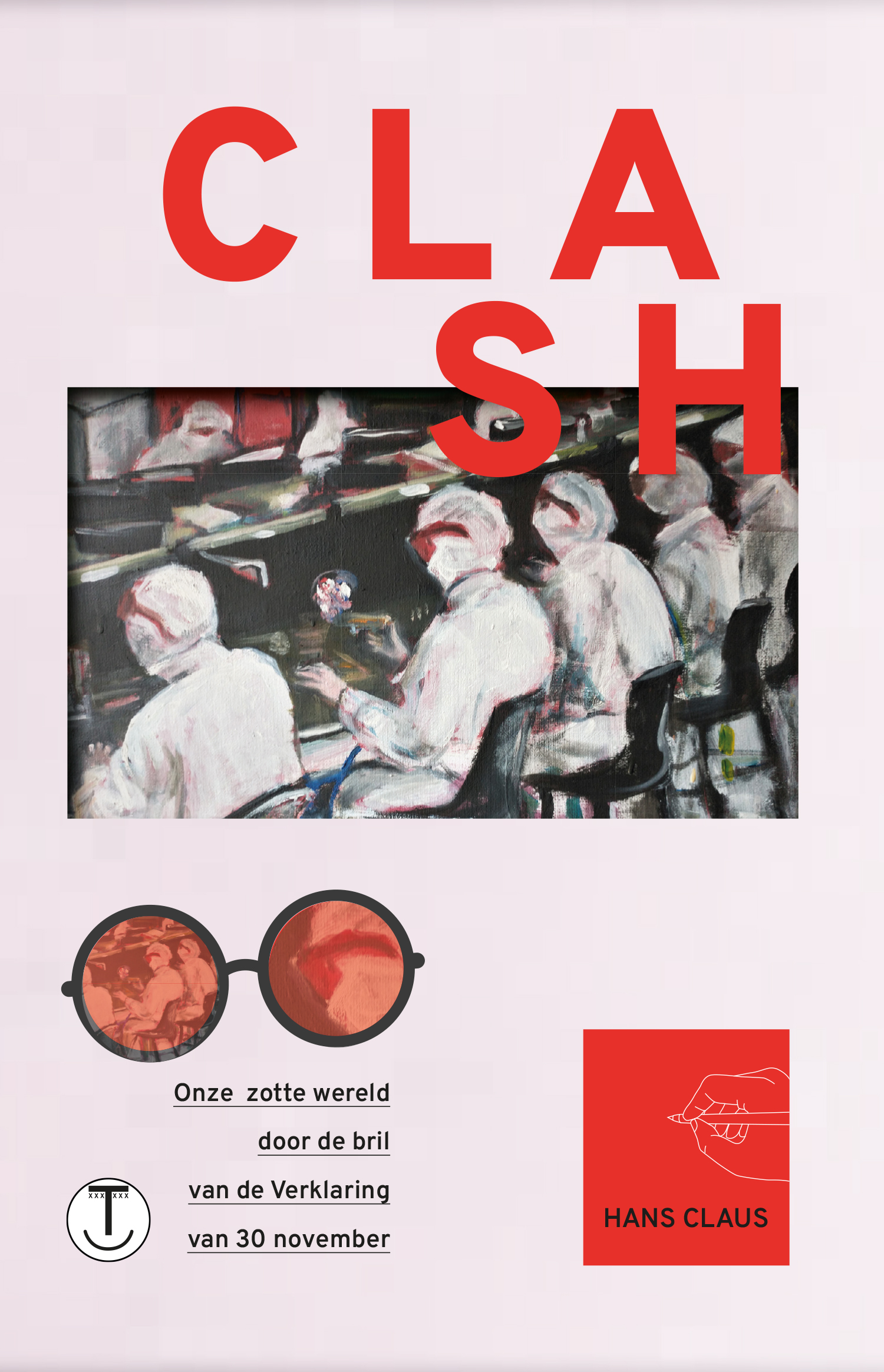Synopsis
The current economic crisis due to COVID-19 forces us to consider the implementation of an alternative value-based economy. Next to academic scholars, civil society organizations and policy makers, religious leaders have been advocating a social and economic transformation. However, in designing post-corona economics, can we learn from the religious sector? The religious sector influences the economy in multiple ways, for example through direct economic action (investments, employment…), through its discourse by questioning the neoliberal paradigm, and by redefining concepts such as ‘value’, ‘profit’ and ‘income’. Does the religious sector use other, more value-based business models than other sectors? How do they deal with their natural and human resources? How can we measure their supposed (positive) impact on the economy? The ultimate question is: how can we design post-corona economy in an emancipatory way?
Post-corona economy reflects on what the religious sector teaches us about alternative paths towards a sustainable post-corona economy. These contributions are the outcome of an online expert seminar ‘Post-corona economics: can we learn from the religious sector?’, organized by Hans Geybels (KU Leuven) and University Centre Saint-Ignatius Antwerp (UCSIA) on 15 October 2020.
Contributors are Luigino Bruni (LUMSA University Rome), Francis Davis (University of Birmingham), Veronika Eufinger (Ruhr Universität Bochum), Miriam Zimmer (University of Siegen), Wim Vandewiele (KU Leuven), Ellen Van Stichel, Gerlinde Verbist (University of Antwerp), and Hans Geybels.






